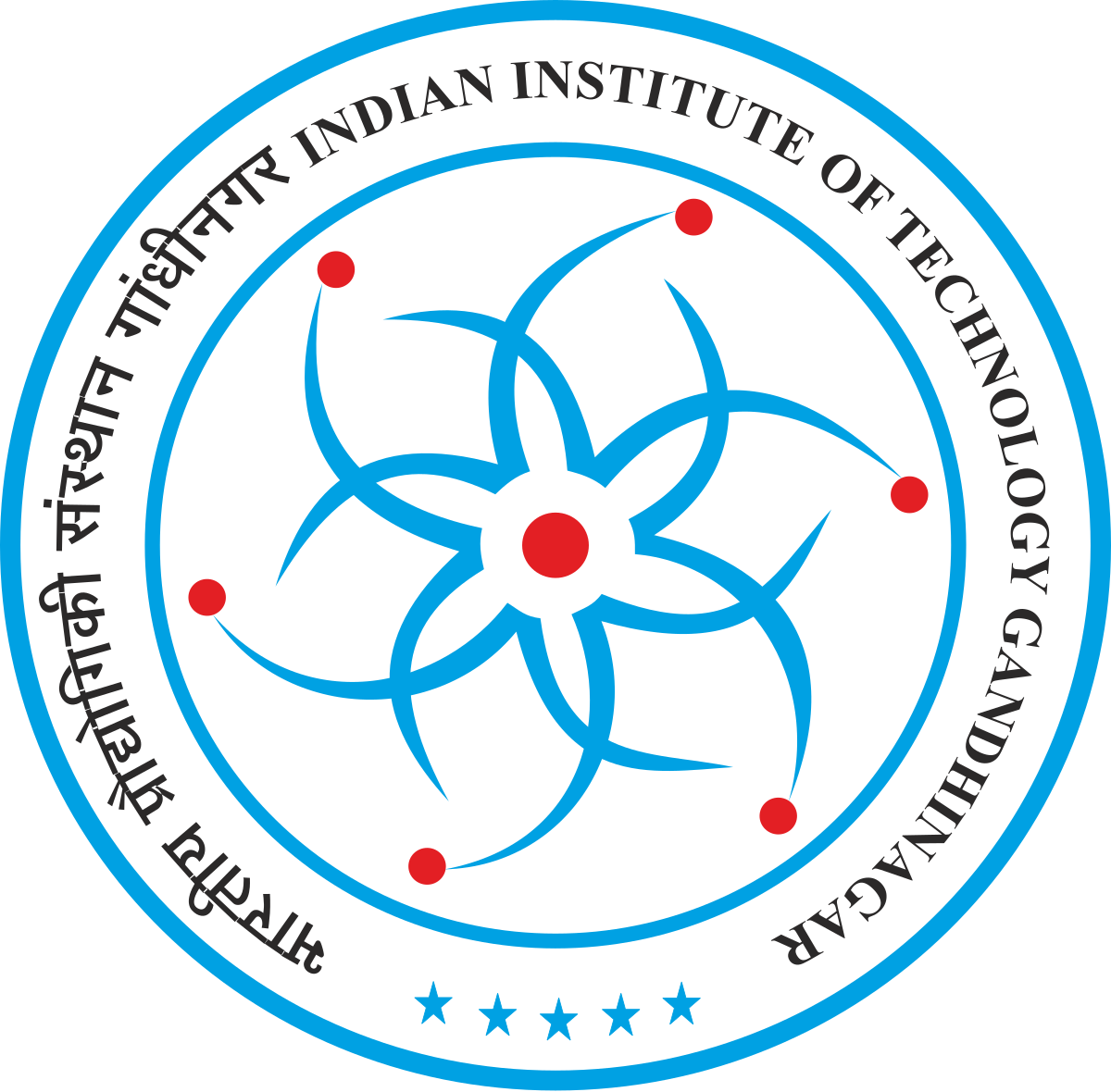Abstract
Securing the Internet of Things (IoT) environment is a challenge owing to the constituent resource-constrained Low Power and Lossy Networks (LLNs). The large scale and constrained nature of IoT-LLNs pose specific routing requirements fulfilled by the IPv6 Routing Protocol for Low Power and Lossy Network (RPL). However, recent attacks in the IoT environment demonstrate that malicious nodes instigate several attacks by exploiting the underlying routing protocol’s vulnerabilities. Such routing attacks degrade network performance, deplete the constrained network resources, and disrupt data traffic. The workshop aims to introduce the audience to the problem of security threats posed by routing attacks in the IoT environment. The workshop will demonstrate how attackers can exploit vulnerabilities of the underlying routing protocols to instigate several attacks in the IoT environment. The workshop also aims to introduce the audience to technology and frameworks that can predict routing attack scenarios in real-time and identify the attack sources to secure the IoT environment.
Motivation and Objectives
Security, privacy, and trust management are critical to IoT’s success and to reap the benefits that IoT brings to organizations, businesses, enterprises in particular, and our day-to-day life in general. With recent reports of IoT attacks using simple home routers and IoT devices, it is evident that vulnerabilities of routing protocols in IoT are alarming. Such attacks often lead to Distributed Denial of Service, degrading network performance and depleting the constrained network resources. In this workshop, we intend to explain the problem of routing attacks in the IoT environment. We will touch upon various routing protocols that can be used in the IoT environment. However, we will lay specific focus on the IPv6 Routing Protocols for Low Power and Lossy Networks (RPL). The workshop will introduce the problem of routing security in the IoT environment along three different dimensions, namely, vulnerability assessment, development of attack detection mechanisms, and enhancing the efficiency of the routing process to reduce the security risk associated.
The main objectives of the workshop are as follows
- To brief upon ways in which one can explore the vulnerabilities of routing protocol. To demonstrate the use of tools like Attack graph and Mind Map for analyzing collaborative attacks scenarios.
- To introduce various statistical techniques, machine learning, and deep learning algorithms to devise mechanisms capable of efficiently analyzing the health of the IoT network.
- To present ways in which security mechanisms can use blockchain technology and smart contract in reducing the risk associated with routing attacks.
- To introduce the concept of incrementally developing a holistic framework for routing security in the IoT environment.
Agenda
Workshop Speakers
Dr. Rashmi Sahay

Dr. Rashmi Sahay is an Assistant Professor and Coordinator with the Dept. of Computer Science and Engineering, IcfaiTech (Faculty of Science and Technology), IFHE, Hyderabad. She is also the Chairperson of Academics Instruction at IcfaiTech. Before joining IFHE, she earned her Ph.D. in the eld of routing security in the Internet of Things from the Dept. of Computer Science and Information Systems, BITS-Pilani, Hyderabad Campus. Prior, she has worked as a Lecturer in the Dept. of Computer Science and Engineering at Birla Institute of Technology, Mesra.
She completed her Master of Technology in Computer Science from Birla Institute of Technology, Mesra, and Bachelor of Engineering in Electrical Engineering from Rajiv Gandhi Proudyogiki Vishwavidyalaya, Bhopal. She has published papers in international conferences and journals. She has also served as a reviewer for conferences like Wf-IoT, ICIS, and journals like IEEE Internet of Things Journal, IEEE Access, The Journal of Supercomputing, etc. Her research interests include IoT security, applied machine learning, and soft computing.
Prof G. Geethakumari

Prof. G Geethakumari is an Associate Professor and the Head of Department at the Dept. of Computer Science and Information Systems, BITS Pilani, Hyderabad Campus.
She received her Ph.D. in Computer Science from the University of Hyderabad, India. Since 2008, she has been with BITS-Pilani, Hyderabad. Before joining BITS, she worked as a faculty at the National Institute of Technology, Warangal. Her current research interests include Information Security, Cloud Computing – cloud security challenges, and IoT security concerns like RPL attacks and malware attacks. The application of Blockchain Technology for security is another focus area of her research.
Prof. Geetha has done extensive research on various aspects of Online Social Network (OSN) security and privacy, like semantic attacks in OSN and data privacy in Online Social Networks. Her publications have received a large number of citations in Google Scholar and Research Gate. Prof. Geetha is a Senior Member, IEEE, ACM Professional Member, and Member of the IEEE Computer Society and IEEE Computational Intelligence Society. Prof. Geetha is a reviewer for many topnotch journals with like Elsevier, ACM, and Springer. She has been a member of the Technical Program Committees and invited speaker at various IEEE International Conferences. Prof. Geetha has been invited on numerous occasions by government bodied like National Investigation Agency (NIA), Ministry of Home Aairs, Govt. of India and CFSL, Ministry of Home Aairs, Govt. of India, and the Defense Electronics Research Lab (DLRL), Hyderabad to share her expertise.











